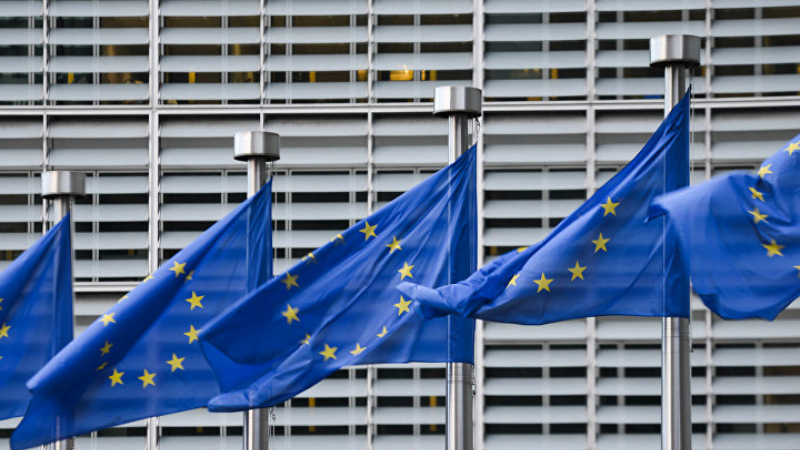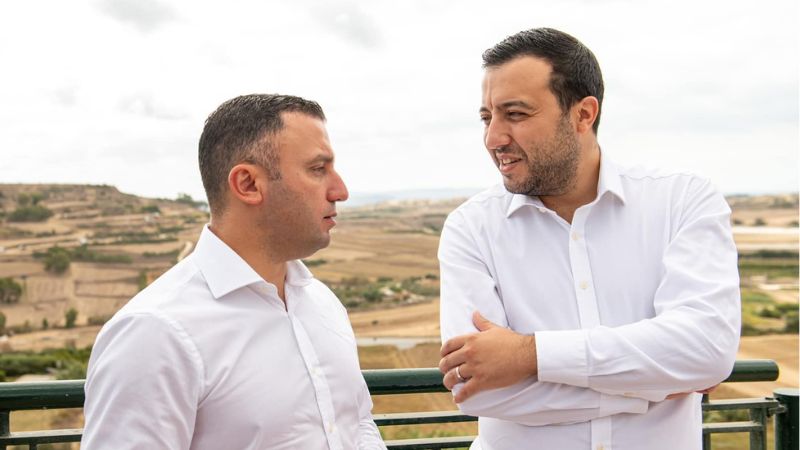The Maltese government is facing infringement proceedings for its failure to adhere to three directives relating to the protection of children and women from abuse and human rights violations.
Listed on the Commission’s website as “active infringement cases”, the government was sent a letter of formal notice on each case on Thursday. This gives the Member State an opportunity to present its views on the observed breach. If the response is not deemed satisfactory by the Commission it will move to the next stage of the infringement process, the last stage of which is court proceedings.
Two of the Directives that the government has failed to comply with relate to providing protection to children that have been abused, or have otherwise been victims of crime.
Directive 2011/93/EU relates specifically to providing a definition of child pornography, the criminalisation of the acquisition of online child sexual abuse material, and the introduction of “grooming” as a criminal office. It also makes provisions for the removal and/or blocking of websites containing child pornography, and increases penalties for anyone found possessing, creating, or disseminating child pornography.
The Directive sets out clear obligations for Member States to provide law enforcement authorities with “effective tools” to identify child sexual abuse offences and to identify and protect children that are victims. It also provides specific preventative measures including information and awareness campaigns and education.
The second Directive that Malta has failed to implement satisfactorily is Directive 2016/800 which pertains to procedural safeguards for children who are suspects or accused persons in criminal proceedings.
The purpose of the Directive is to ensure that any children accused or found guilty of a crime are able to follow proceedings and exercise their right to a fair trial. It also includes measures to encourage social reintegration for offenders that have served their sentence or have been released.
These “minimal rules” are designed to provide additional protection for vulnerable minors, above and beyond the European Convention for the Protection of Human Rights and the UN Convention on the Rights of the Child.
The Directive takes into account that Member States’ existing laws and the implementation of international law is not always sufficient to ensure that children’s human rights are upheld, hence the need for further clarification in the Directive.
The third Directive on which the Commission is taking action against Malta relates to the establishment of minimum standards on the rights, support, and protection of victims of crime.
Directive 2012/29/EU was created to ensure that victims of crime including women, children, and disabled people were protected, that they could access information and support and participate in criminal proceedings against their attacker.
The Directive makes reference in particular to “gender-based violence” and lists “physical, sexual, psychological, or economic violence and could result in physical, mental, or emotional harm or economic loss”.
It also states that “violence in close relationships is a serious and often hidden social problem which could cause systematic psychological and physical trauma with severe consequences” and adds that a person should be considered a victim, even if an offender is not identified, prosecuted or convicted.
Victims of human trafficking are identified as requiring additional support and protection under the provisions of the Directive. A recent EU report has shown that sex trafficking is by far the most widespread form of trafficking in Member States, followed by forced labour.
According to the US State Department, Malta does not meet the “minimum standards” for eliminating human trafficking. Yet the government reduced the budget allocated to addressing the problem from €20,000 to €16,000 this year.
Malta also boasts one of the most severe levels of violence against women in the EU. In 2017, 1,257 reports of domestic violence were filed, but as much as 70% go unreported.
International human rights lawyer and Head of Children’s Rights at the Council of Europe, Elda Moreno, called for “accountability” to end violence and stop sexual abuse. Other countries that have failed to implement the two directives relating to children include Bulgaria, Lithuania and Slovakia.












